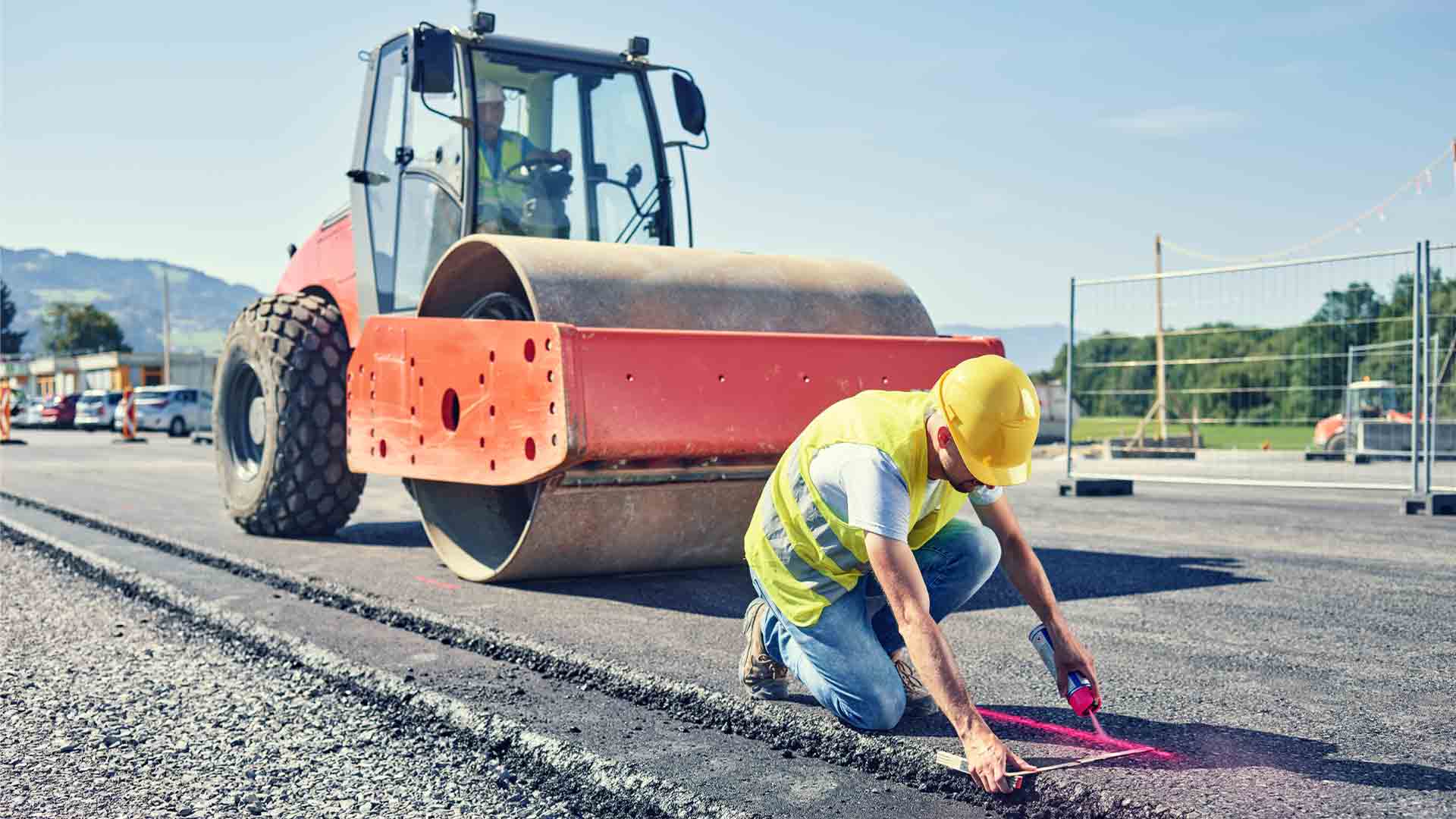Careers advice
Tips for writing a great construction and roading CV (with templates)
There’s a knack to writing a great construction and roading CV.
Construction and roading is a staple of New Zealand’s economy, and an industry where you have the chance to grow and develop.
However, it’s also competitive, so your CV needs to be on point.
Employers in this sector want to see the right mix of attitude and skills in candidates before they bring you onboard. Luckily for you, we’ve done the research, and compiled this comprehensive guide on what to include on your construction and roading CV.
We’ve also got a selection of free downloadable CV templates that you can use for your next construction and roading application. Simply choose the design you like most, fill in your details and submit it to the employer.How to write a CV for construction and roading
As well as ticking the boxes for key CV best practices, when you’re looking at construction and roading, you need to:
1. Be specific
Construction and roading is a broad umbrella, and there are heaps of jobs that fit into this category. But that doesn’t mean your CV should be broad.
Even if you’re applying to a bunch of different jobs in this sector, you need to make sure you tailor your CV to each one. A heavy machine operator, for example, would require different skills to a drainlayer or civil labourer, and it will be obvious to the person reviewing your application if you’ve used the same CV each time.
Apply the same logic to the level of role you’re going for. If you’re after a management position, don’t just talk about your hands-on experience in the job, be sure to mention previous occasions where you’ve taken the lead and directed people.
2. Be concise
Employers in this industry are always under pressure to meet that next deadline, and don’t have time for reading waffle.
Keep your CV short, sharp and to the point. Break it up logically, and use bullet points to mark relevant experiences or qualifications.
Similarly, leave out past qualifications that aren’t relevant to this role. Your bar manager’s license probably doesn’t need to be in an application for a digger driver.
The best way to work out what the employer really wants to see is by closely reading the job advert, noting down the requirements they include, and matching these to your experiences and qualifications.
As a rule, NZ CVs should be no longer than two pages.
Cherry pick your most relevant past experiences when selecting what to include on your CV.
3. Put a spotlight on your achievements
The goal of your CV is to make you stand out from the competition. One of the best ways to do this is by highlighting past achievements.
The more specific you can be here, the better. If your actions helped reduce annual workplace injuries by 6%, get that number in – figures like this leap off the page, and make you memorable.
Don’t be afraid to namedrop awards or certificates that aren’t strictly construction and roading based, but that have obvious relevance – health and safety and first aid courses, for example.
4. Don’t forget soft skills
Soft, or transferable, skills are useful in any workplace environment because they allow staff to work together better, making the business more productive.
Important examples include:
- Communication.
- Teamwork.
- Adaptability.
- Attitude/work ethic.
- Problem solving.
- Conflict resolution.
- Cultural awareness.
Soft skills like these are what NZ employers want to see, especially in the construction and roading sectors, where so much rests on good working relationships between staff.
If you’re writing a first CV for jobs in this sector, and don’t have much professional experience, talking about your soft skills is a great way to add valuable information. For example, if you played sport at school, communication and teamwork would have been huge, and this is a perfectly relevant example.
Your CV should be concise, and targeted to the individual role you're applying for.
5. Use your Trade Me Jobs Profile
When it comes to hiring, the easier you make it for the employer, the better your chances.
Make sure the skills you’ve used for your construction and roading CV are also included in your Trade Me Jobs Profile, so if the employer Googles your name (yep, this really happens), they’ll get the same professional impression of you.
Trust us, this is a LOT better than their Google search just showing pictures from your latest big night out.
6. Be clear that you’re available when they need you
Many construction and roading jobs in NZ require non-standard working hours – think nights and weekends – to avoid too much disruption to the public.
It’s a good idea to make it clear to the employer in your CV that you’re up for these shifts. Again, the fewer questions they have to ask and the easier their lives are, the more they’ll like you as an applicant.
Now you know the key skills for a construction and roading CV, it's time to write it up. After that, it's a question of some careful proofreading, and hitting the big ol’ submit button on the job ad. Job’s a good’un.
Other articles you might like





